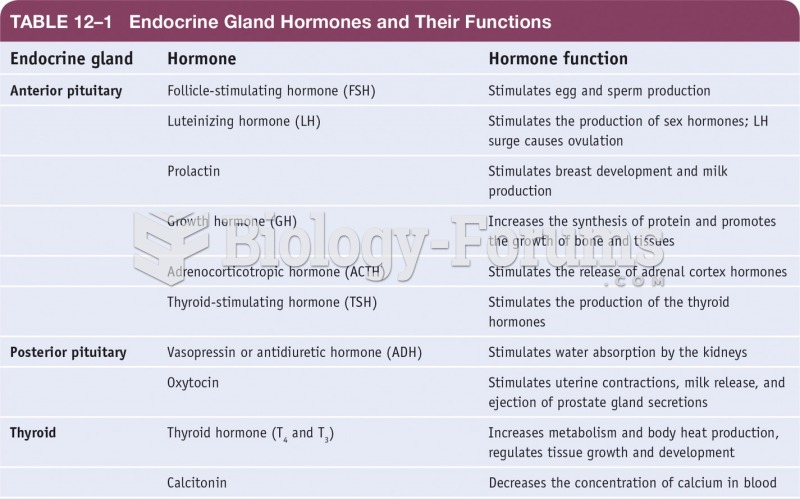The following organ systems have been individually documented in this review of systems: Endocrine (thirst); Genitourinary (dysuria, frequent urination); Neurologic (balance and headache); Cardiovascular (syncope, lightheaded, looking pale); and Musculoskeletal (swollen joints).
Patient reports feeling very thirsty over the past two weeks during the extreme heat. No dysuria noted, although frequent urination noted due to increased fluid intake. Patient reports feeling lightheaded prior to fall, although she says husband told her she was very pale. No problems with syncope, balance, swollen joints, or headache prior to injury. No constipation, diarrhea, or abdominal tenderness noted. Remainder of ROS is unremarkable.
Indicate whether this statement is true or false.
Question 2
This documentation supports an Extended review of systems.
Please read the following documentation(s) and answer the related True or False questions
Documentation A
Jacob is a three-year-old boy who presents to the Allaeyway Family Practice Clinic with a 36-hour history of constipation and abdominal pain that migrates throughout his lower abdomen. The pain is crampy and intermittent throughout the day. He reports nausea and a furry coating on his tongue. According to Jacob's mother, the family just returned three days ago from an extended road trip, when the family has eaten a lot of fast food. Johnny's mother has tried prune juice, but it increased Jacob's nausea and he became dizzy this morning. Per patient, with corroboration of mother, Jacob had been in excellent health prior to the family trip with no reported constipation, diarrhea, or abdominal pain.
Indicate whether this statement is true or false.







